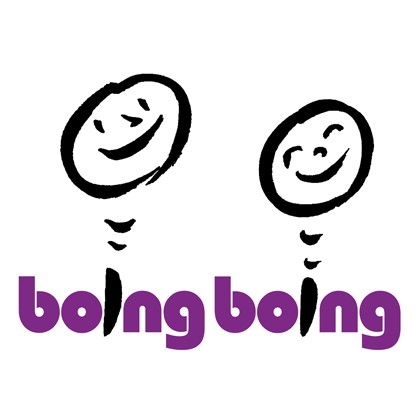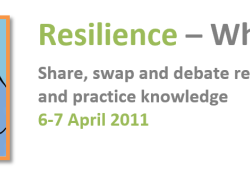Topic: Researching resilience: An example of mixed methods, transformative research – Professor Michael Ungar
Resources: You can download Michael’s slides.
Session Summary: In this presentation, Dr. Michael Ungar will explore ways of researching resilience and wellbeing using mixed methods designs. The focus will be on how to use these methods in participatory ways to develop knowledge that informs policy and practice. It will include an overview of mixed methods and examples of their use in studies conducted by the Resilience Research Centre. Discussion will include topics such as contextualization, measure development, sample selection, data collection, analysis, seeking convergence between the qualitative and quantitative data, and knowledge mobilization. Participants are encouraged to bring questions relating to their own research topics.
Biography: Dr. Michael Ungar wears many professional hats. He is equally well known as the author of books for parents and caregivers as he is for his world-renowned research on the topic of resilience. As a writer he has adapted ideas from his research and clinical practice into best-selling works like Too Safe For Their Own Good: How Risk and Responsibility Help Teens Thrive, and his most recent release, I Still Love You: Nine Things Troubled Kids Need from Their Parents. In total, he has published 14 books, 125 peer-reviewed articles and book chapters, and maintains a blog on Psychology Today’s website. In another of his many roles, he is the founder and co-director of the Resilience Research Centre that coordinates millions of dollars in research in more than a dozen countries. That work has inspired many of Michael’s books and articles for mental health professionals and researchers, including Working with Children and Youth with Complex Needs: 20 Skills to Build Resilience, and The Social Ecology of Resilience.
When not on the road and back at his home in Halifax, Canada, he is the Killam Professor of Social Work at Dalhousie University, Scientific Director of the Children and Youth in Challenging Contexts Network, and a family therapist who works with local services for homeless and at-risk young people. In 2012 Michael was the recipient of the Canadian Association of Social Workers National Distinguished Service Award.
Michael’s work has inspired a generation of professionals and researchers to broaden their understanding of how and why young people do well in different cultures and contexts. Furthermore, he has shown through his research, writing, and clinical practice, that resilience is something that can be nurtured and sustained among even the most disadvantaged young people, their families, and their communities.
Who might be most interested: Academics, practitioners, researchers, students, parents, carers, community workers, volunteers, public sector workers, young people and service users.
Key Reading: Any of Michael Ungar’s books – there are piles of them. To view a sample of Mike’s work, please go to his website his website (external link).
This session took place on Wednesday 28 January 2015.
The Resilience Forum is for ANYBODY (with a pulse!) involved with or interested in resilience research!


